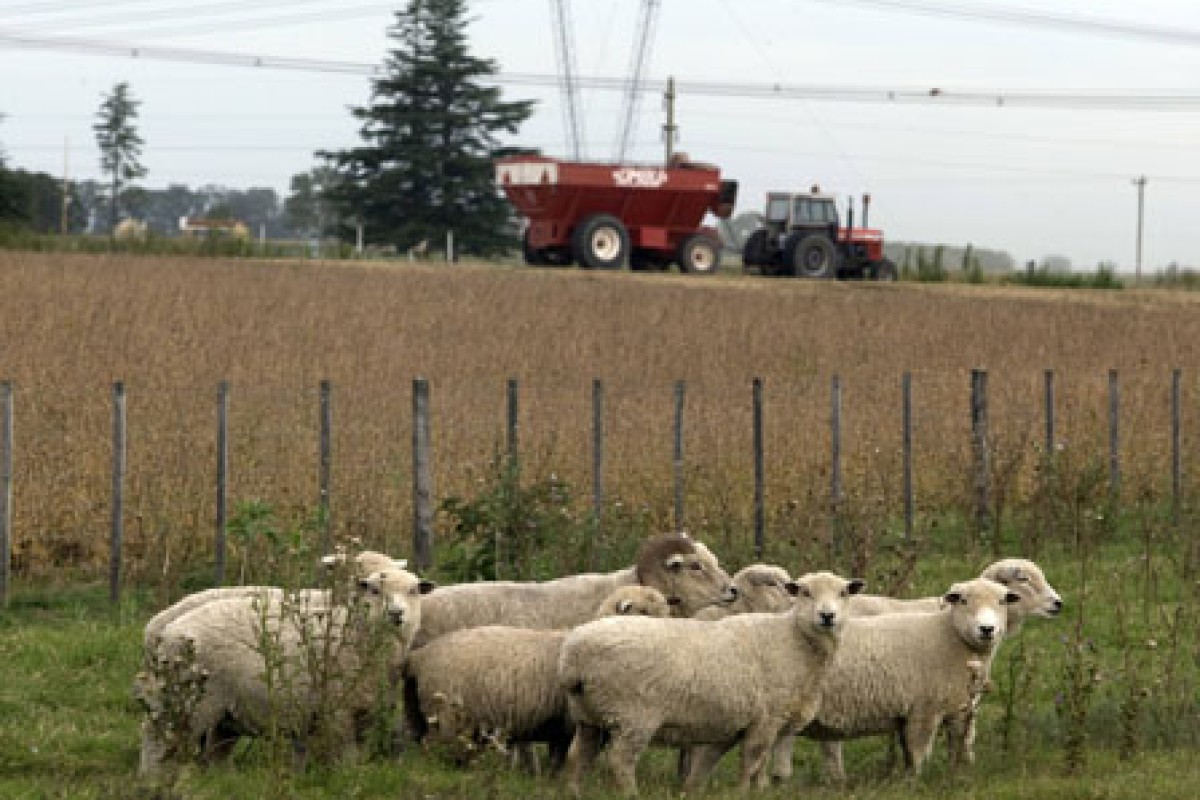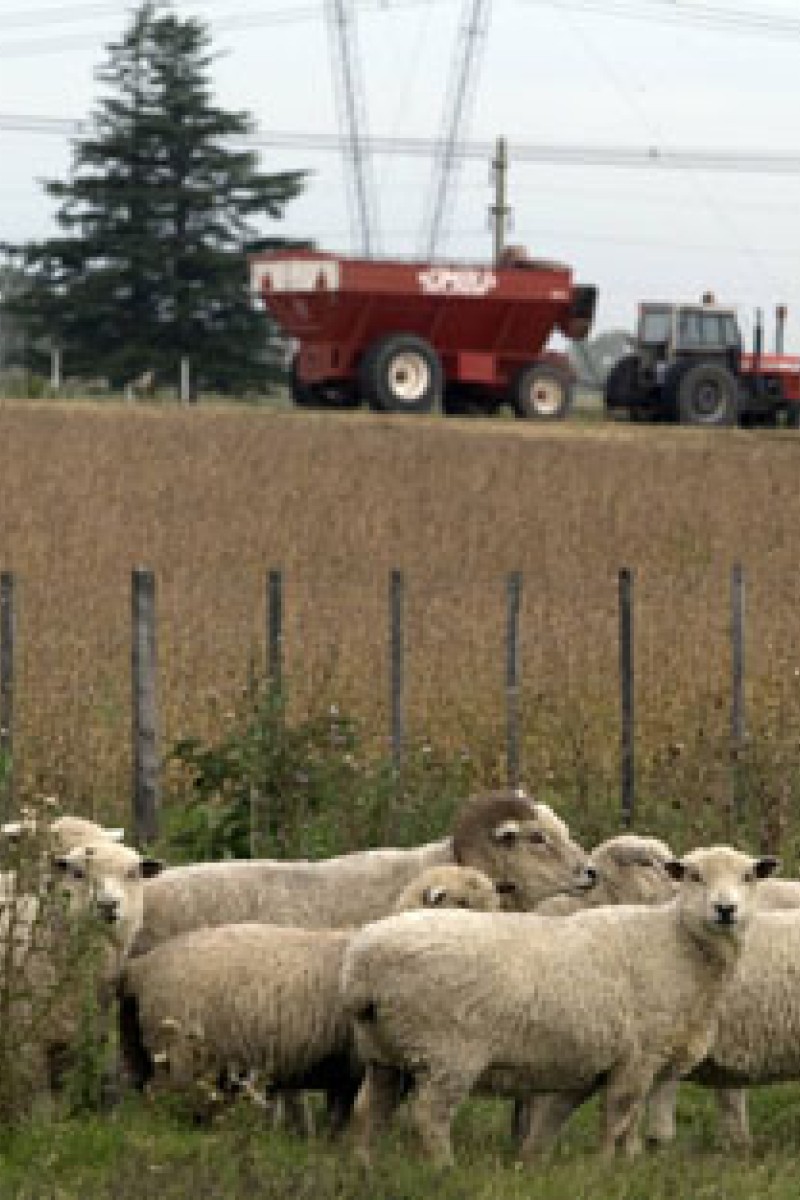 iii
iiiBy Cameron Dueck
Go ahead and order that steak ... it's not responsible for as much climate change as we thought it was.
Do you ever think about climate change when you eat meat? Meat doesn't seem to be as obviously related to the environment as driving a car or operating a dirty factory, but it still plays a role.
Let's use a cow as an example. A cow will eat between 5.5 and 6.5 kilograms of grain and hay in order to gain 1kg of meat that we can eat. The farmland that is used to grow animal feed could be used to grow human food such as grain, rice and soybeans.
We need about five to six times as much resources to produce 1kg of meat as we do to produce 1kg of grain. That means more land, fuel, transportation, fertilisers and chemicals. That's why many people say eating meat is bad for the environment and that it contributes to climate change.
Scientists are debating what role meat plays in climate change. In 2006, the UN said meat production was responsible for 18 per cent of greenhouse gas emissions. This was greater than the impact of transport, the UN added. Now a scientist has questioned how they produced that data, and he says the comparison to the impact of transportation was unfair.
Scientists measured the impact of eating meat by counting the gasses released by growing animal feed and meat processing and even the emissions caused by cows' burps. In comparison, they only measured the impact of fuels burned in transportation, disregarding the building of roads, cars and airplanes.
After recalculating the data, scientists say transportation actually contributes 26 per cent of carbon emissions in the US, while producing pork and beef are only responsible for 3 per cent.
These numbers are interesting because we are still learning what we can do to reduce climate change, and we have to look to scientists to tell us which human activities have the biggest impact. If we're concerned about the planet, we should stop doing things that hurt it.
To to join the discussion, click here
<!--//--><![CDATA[// ><!-- PDRTJS_settings_1789717 = { "id" : "1789717", "unique_id" : "default", "title" : "", "permalink" : "" }; //--><!]]>